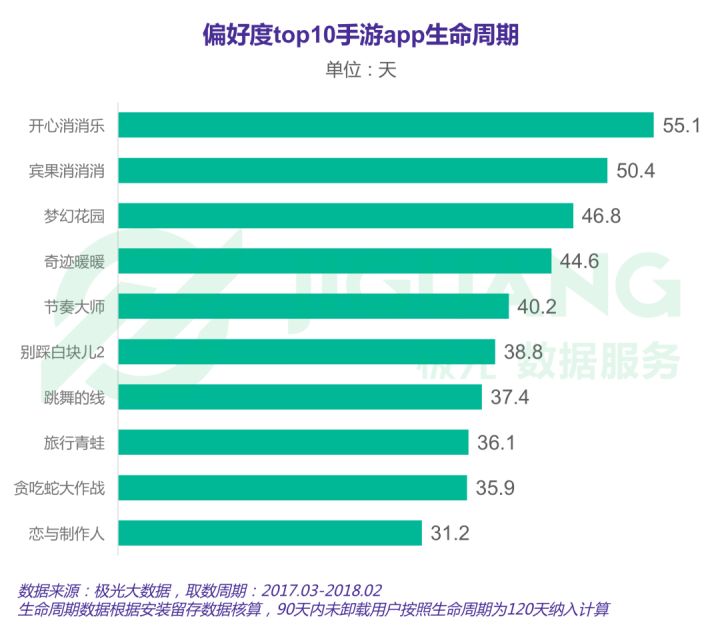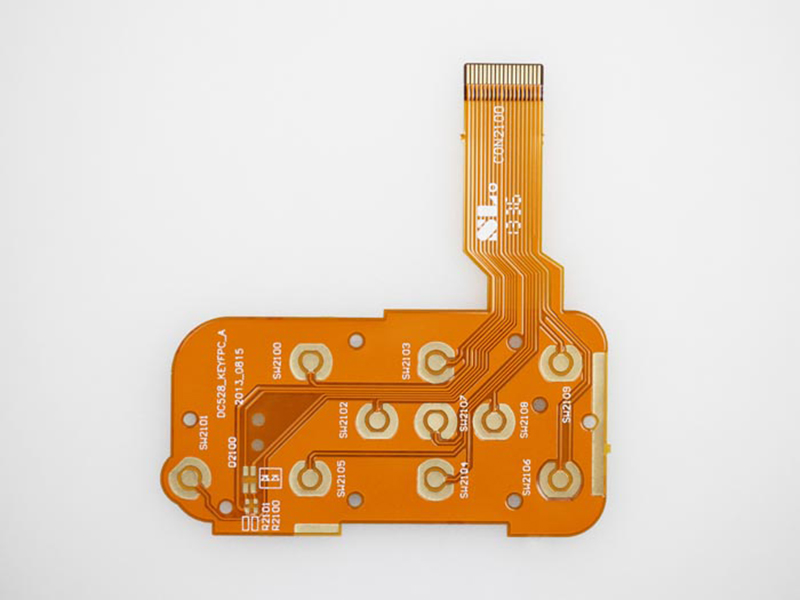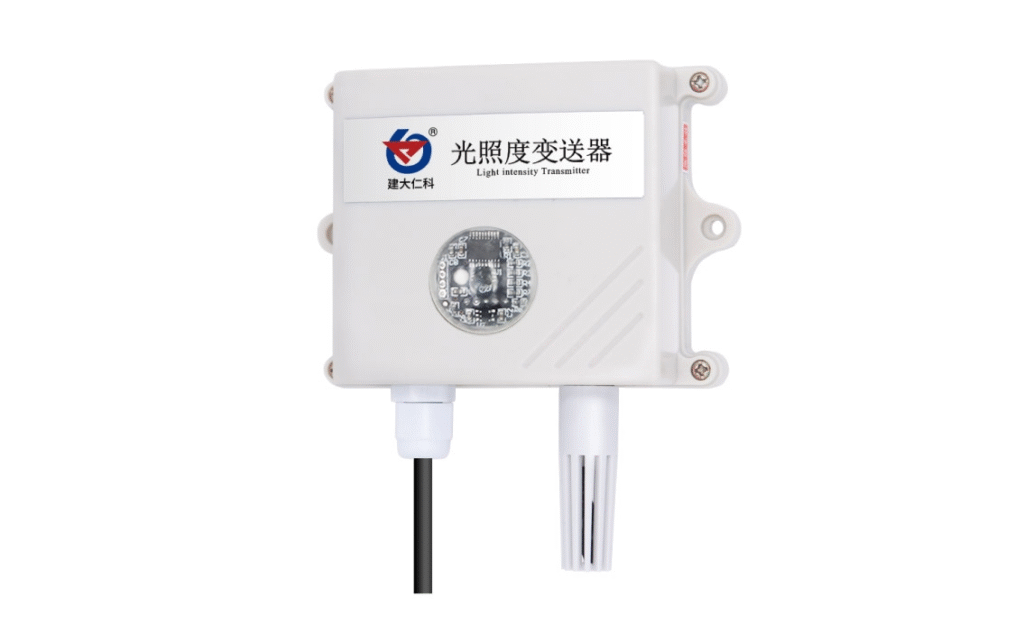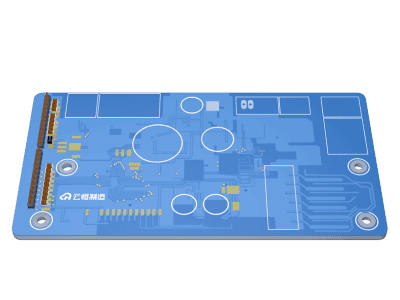Title:TheEvolutionandImpactoftheElectronicsIndustry(电子产业的英语)
Technological Advancements
The electronics industry has been propelled forward by a relentless pursuit of innovation. The miniaturization of components has enabled devices to become more compact and portable without compromising performance. The development of faster microprocessors has facilitated effortless execution of complex tasks, while advancements in display technology have transformed visual interfaces. These improvements extend not only to consumer electronics but also to industrial applications, where precision and reliability are critical.
Economic Impact
The electronics industry is a significant contributor to global economic activity, supporting millions of jobs worldwide and generating substantial revenue for countries that are major players in this sector. It fosters entrepreneurship, with new companies and startups emerging regularly with groundbreaking ideas and products. However, the rapid pace of change also brings challenges, such as market saturation and intense competition, which can affect profit margins and employment within the industry.
Environmental Considerations
As the demand for electronic devices continues to rise, their environmental impact has become a pressing concern. E-waste, comprising discarded electronic devices, poses a significant challenge due to the presence of hazardous materials and the difficulty of recycling complex components. In response, manufacturers are increasingly adopting eco-friendly practices, such as using recyclable materials and designing for easier disassembly. Additionally, there is a growing trend toward energy-efficient products to reduce power consumption and carbon footprint.
Consumer Trends
Consumer preferences play a crucial role in shaping the electronics industry. There is an increasing demand for smart devices that offer connectivity and enhanced user experiences. Personalization has also become a key factor, with consumers seeking products that reflect their individual needs and styles. Furthermore, the rise of online shopping has transformed how electronics are marketed and sold, compelling companies to adapt their strategies to digital platforms and meet consumers' instant gratification expectations.
Global Connectivity
The electronics industry has played a pivotal role in bridging gaps between different parts of the world. Communication devices and networks have made it possible for people to stay connected regardless of their geographical location, fostering international collaboration and cultural exchange on an unprecedented scale. This global connectivity is vital for the growth of multinational corporations that rely on seamless communication across their far-reaching operations.
Health and Wellbeing
Advancements in electronics have made significant contributions to healthcare improvements. Medical devices, ranging from wearable fitness trackers to sophisticated diagnostic tools, aid in monitoring and maintaining health. Telemedicine, enabled by electronic devices, allows for remote consultations and care, particularly beneficial in areas with limited access to healthcare services. As technology continues to evolve, there is immense potential for electronic devices to further revolutionize treatment methods and patient care.
In conclusion, the electronics industry stands at the heart of modern innovation, driving economic growth and societal change. Its influence extends across various domains, from technological breakthroughs to environmental stewardship and global interconnectedness. As this dynamic industry continues to evolve, its impact on our lives will remain profound and far-reaching.




















